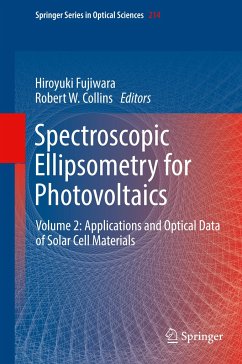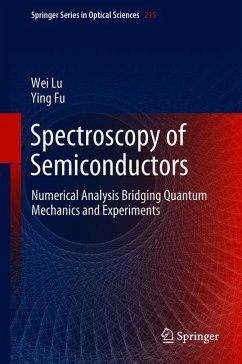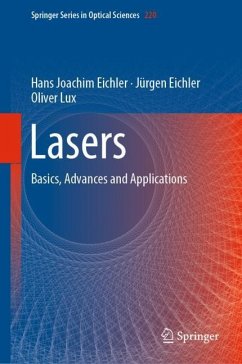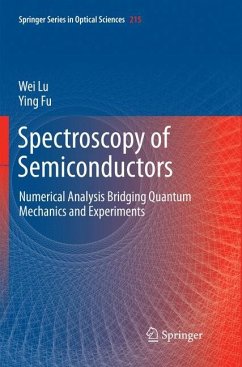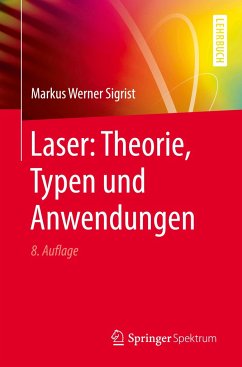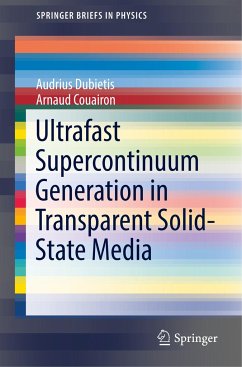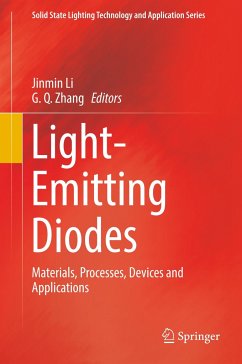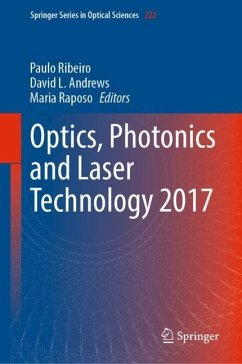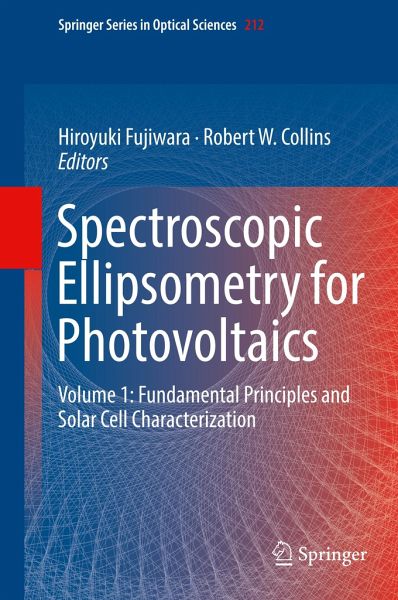
Spectroscopic Ellipsometry for Photovoltaics
Volume 1: Fundamental Principles and Solar Cell Characterization
Herausgegeben: Fujiwara, Hiroyuki; Collins, Robert W.

PAYBACK Punkte
125 °P sammeln!
This book provides a basic understanding of spectroscopic ellipsometry, with a focus on characterization methods of a broad range of solar cell materials/devices, from traditional solar cell materials (Si, CuInGaSe2, and CdTe) to more advanced emerging materials (Cu2ZnSnSe4, organics, and hybrid perovskites), fulfilling a critical need in the photovoltaic community.The book describes optical constants of a variety of semiconductor light absorbers, transparent conductive oxides and metals that are vital for the interpretation of solar cell characteristics and device simulations. It is divided i...
This book provides a basic understanding of spectroscopic ellipsometry, with a focus on characterization methods of a broad range of solar cell materials/devices, from traditional solar cell materials (Si, CuInGaSe2, and CdTe) to more advanced emerging materials (Cu2ZnSnSe4, organics, and hybrid perovskites), fulfilling a critical need in the photovoltaic community.
The book describes optical constants of a variety of semiconductor light absorbers, transparent conductive oxides and metals that are vital for the interpretation of solar cell characteristics and device simulations. It is divided into four parts: fundamental principles of ellipsometry; characterization of solar cell materials/structures; ellipsometry applications including optical simulations of solar cell devices and online monitoring of film processing; and the optical constants of solar cell component layers.
The book describes optical constants of a variety of semiconductor light absorbers, transparent conductive oxides and metals that are vital for the interpretation of solar cell characteristics and device simulations. It is divided into four parts: fundamental principles of ellipsometry; characterization of solar cell materials/structures; ellipsometry applications including optical simulations of solar cell devices and online monitoring of film processing; and the optical constants of solar cell component layers.





